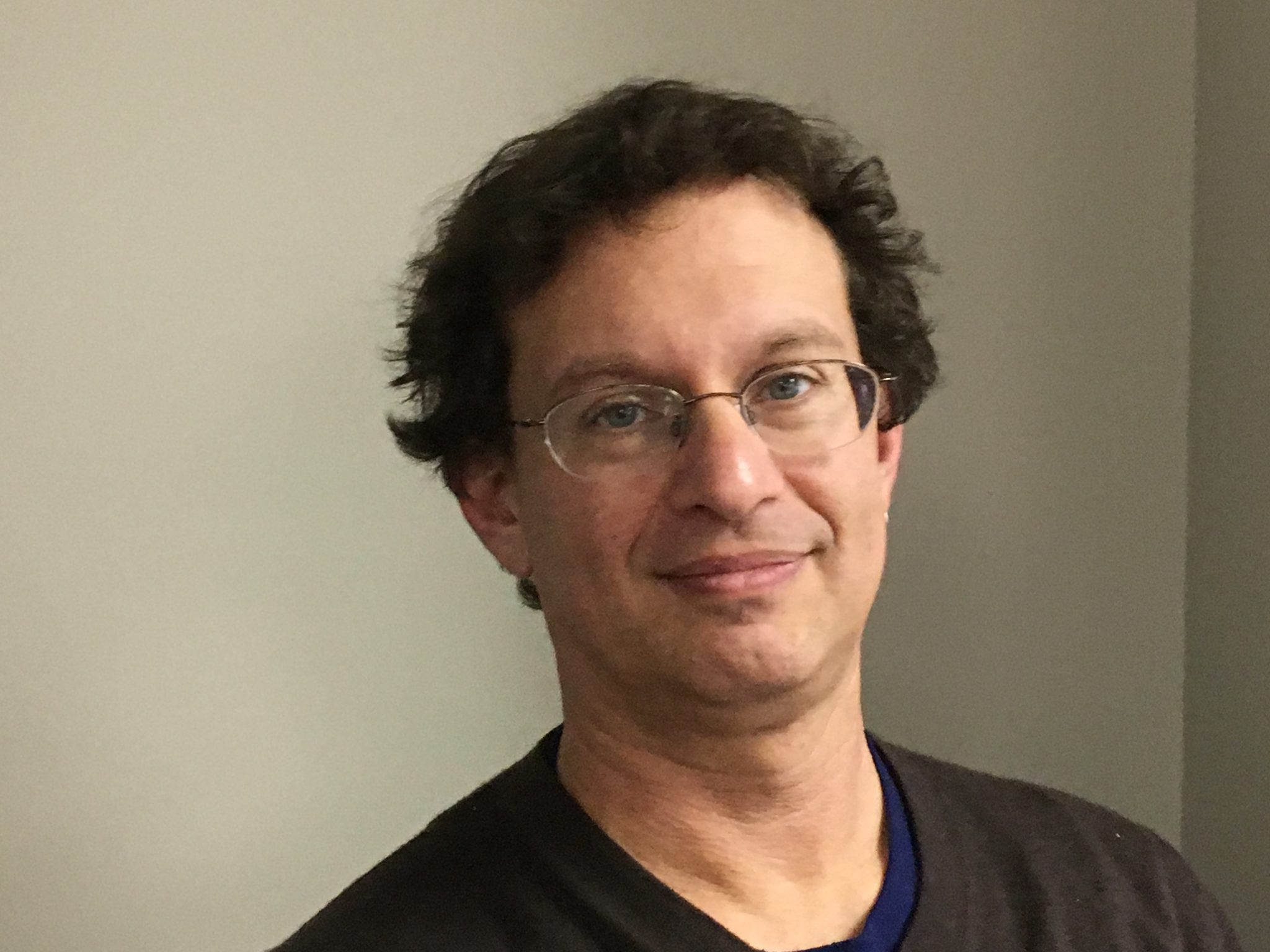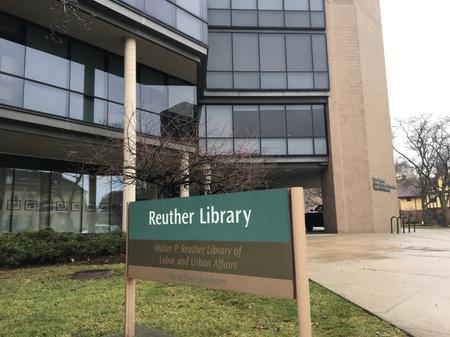Working to Preserve History in the Trump Era
Objecting to new president’s policies, Detroit archivist aims to help save documents, prevent discrimination.

At his job, Dan Golodner cares for decades of teachers’ union records.
He sees in that past the future, as partially described by Candidate Donald Trump: government using records to discriminate, government targeting individuals whose views and opinions clash with the majority.
That’s why Golodner, who works at the Walter P. Reuther Library at Wayne State University overseeing the American Federation of Teachers collection, signed on to a national statement aimed at ensuring that President Trump maintains public and historic records.
Here’s more about that effort.

Golodner spoke with WDET’s Sandra Svoboda about why he’s supporting efforts by archivists to resist registries, record destruction and the reduction of transparency.
Click on the audio link above to hear the conversation.
Here’s a transcript of it:
Sandra Svoboda: Why sign this national statement?
Dan Goldner: I signed this because I saw what was needed to be heard from the archivists in the United States, and as an archivist we believe in the sanctity of the historical record which is the honest record of our society.
SS: What specific concerns do you have about the Trump Administration?
DG: First off my concerns for the Trump Administration are that they’re have been continuous lies about actual facts from the administration. I’m also concerned about the calls for a registry of Muslims in the United States, which historically data collection for those purposes have been used on racist and anti-Semitic policies. Viewing this past history of these types of registries, we feel it’s very, very dangerous for the democracy in the United States.
SS: What is the role of an archivist? What do archivists do on a daily basis?
DG: Most archivist, our basic job descriptions is to collect, preserve and make available the historical record of the society. It dates back centuries that archivists collected documents that reflected the government, and only in the past 20th and 21st century have we been documenting more and more of nonprofit organizations, people from the community, churches as well as other things. So what we collect is the society’s memory.
SS: Are archivists typically involved in such activism?
DG: Archivists are not typically with much activism. You can see an archivist more as someone who stays on the sidelines to collect and observe than actually getting more involved. But since the early 1970s, Howard Zinn spoke to the Society of American Archivists and warned us about not collecting the people’s history. After that, more and more archivists started getting more active with collecting social movement, and slowly of course, as you were getting involved with the history, you get enthralled with the history, you become passionate about the history and more archivists have started stepping up and being part of it. It’s what we call “collecting the now.” You saw it especially during the Occupy Movements where archivists would actually be out there, collecting the documents, collecting the petitions and preserving them as much as possible.
SS: You work at the Reuther Library and archives at Wayne State University. What do you see in the collections there that inspire you to sign this statement warning the Trump Administration to not destroy records?
DG: We are the largest labor archives in the country. We have labor collections dating back to the late part of the 1800s. Through that period, looking through these collections you see the various attacks on union by various government institutions and trying to oppress the people trying to express their views on how people should be treated. We do have the files when the FBI would monitor unions. We have records on how the FBI destroyed various unions. Most specifically we do have records on the HUAC committees during the 40s and 50s when Congress would bring together union leaders, social movement leaders in front of Congress and try to make them either name names or actually telling them if they were communist or not. And what would happen with them afterward is they would usually lose their jobs. I work with the teachers’ collections here. We do have a lot of materials on when teachers were brought in front of these committees and lost their jobs, lost their livelihoods. I see that in the past and I see that today as it could possibly happen.
SS: What do you hope will come from this Statement to the Archival community?
DG: I’m hoping it will raise awareness that the archivists are not those who should be looking at their past and not doing anything. We haven opportunity now to actually make a statement and actually be proactive in how we’re collecting and how we’re preserving and how we’re going to make sure that materials are not lost.
